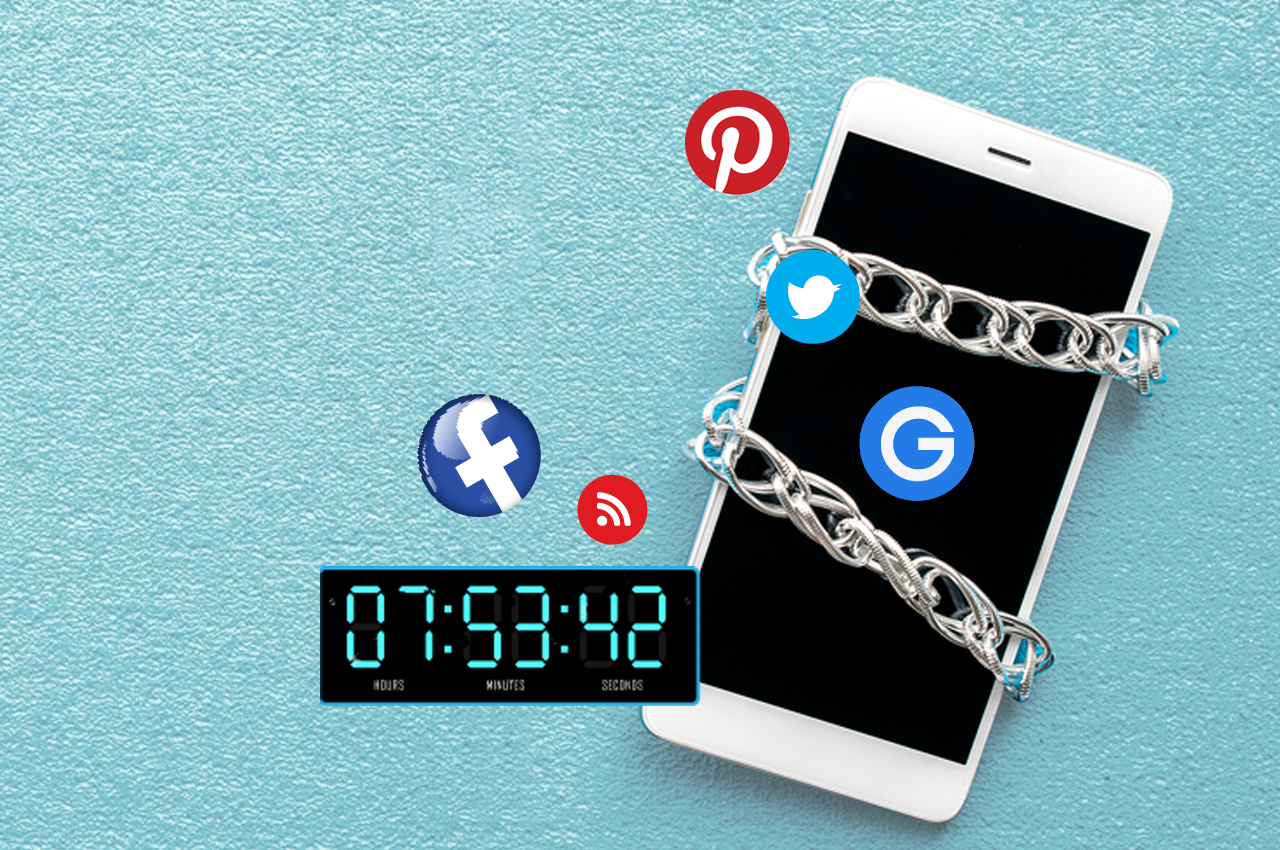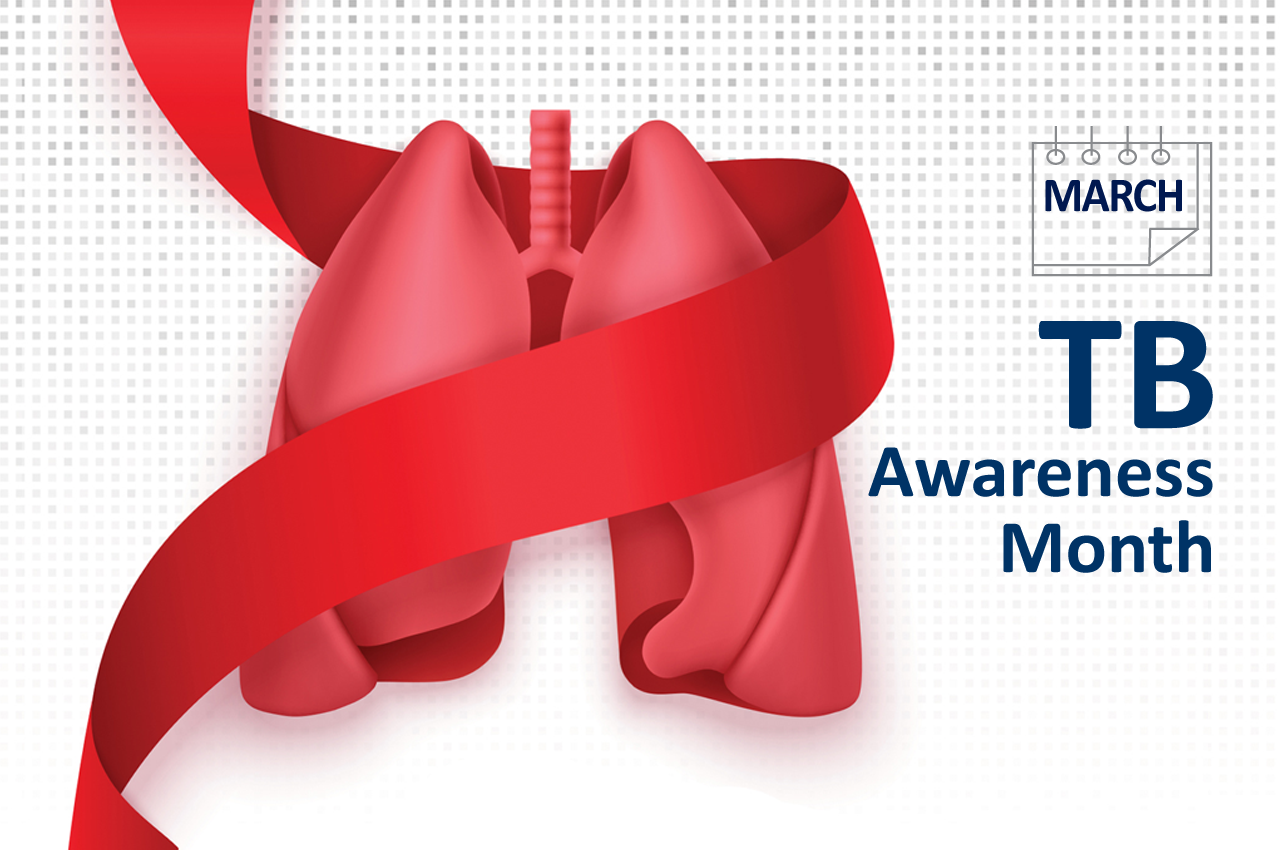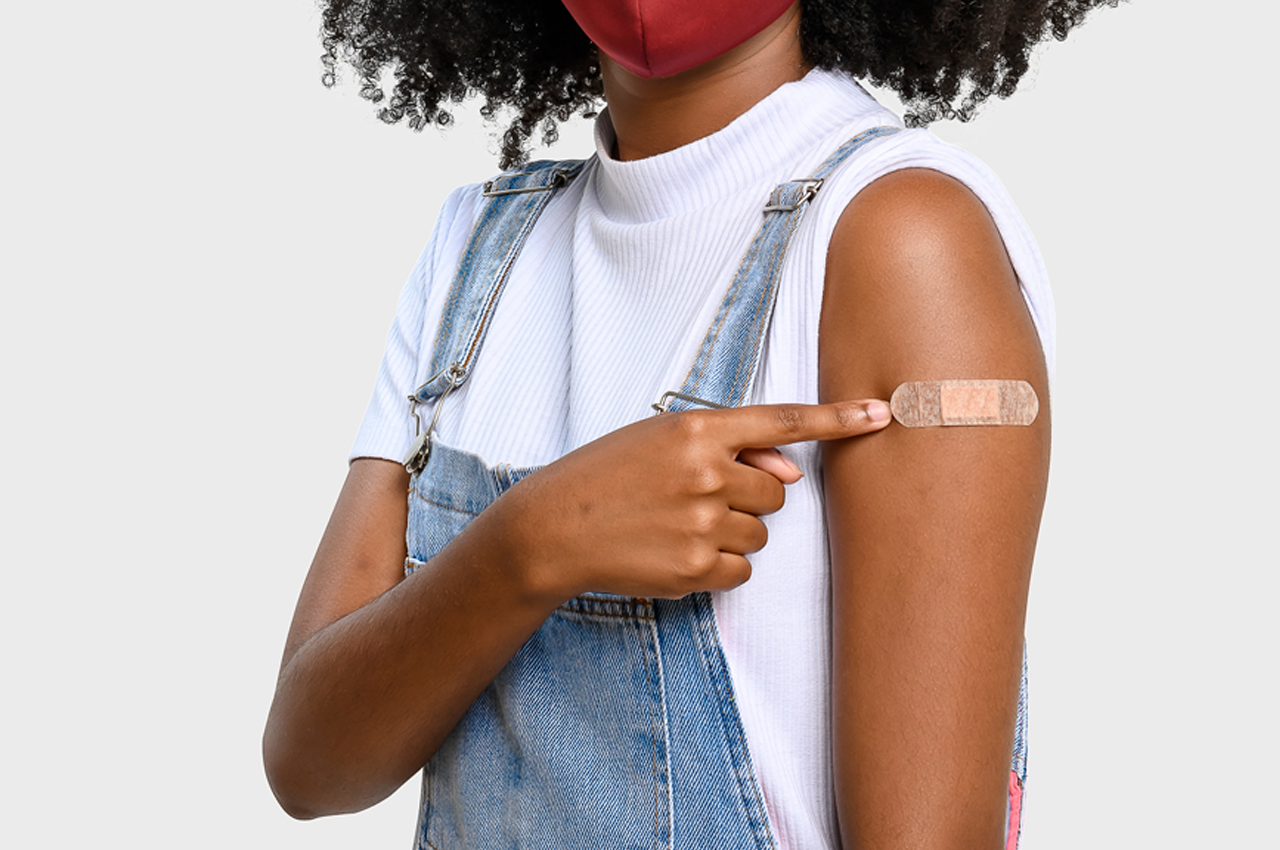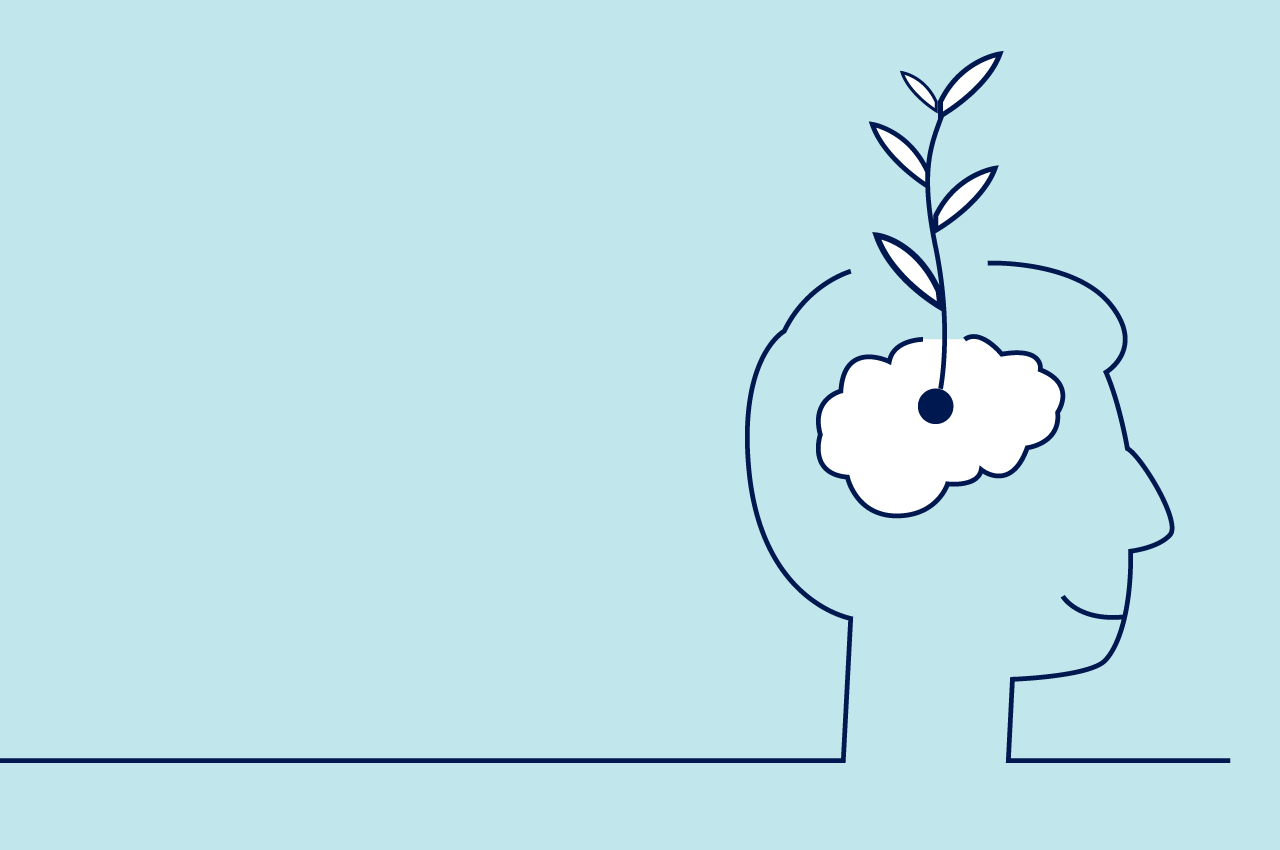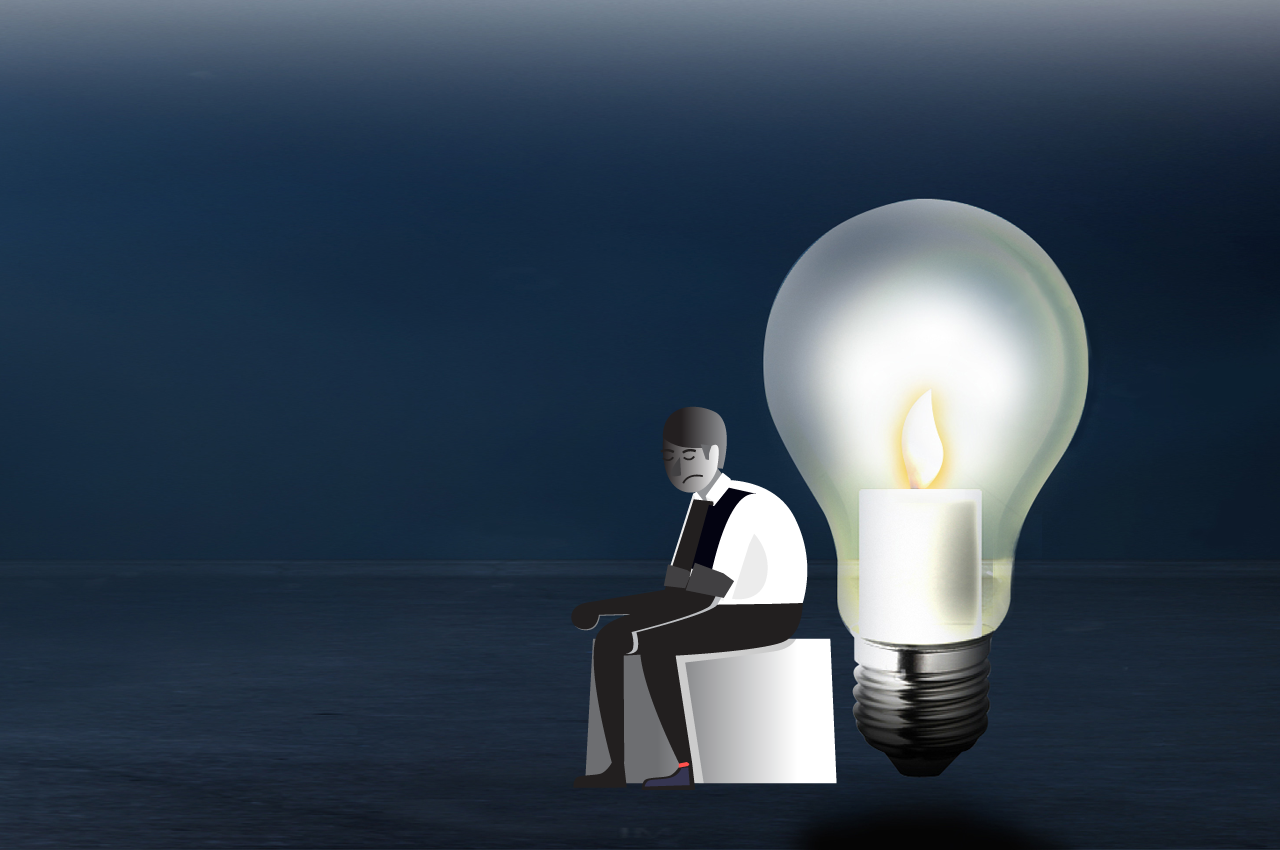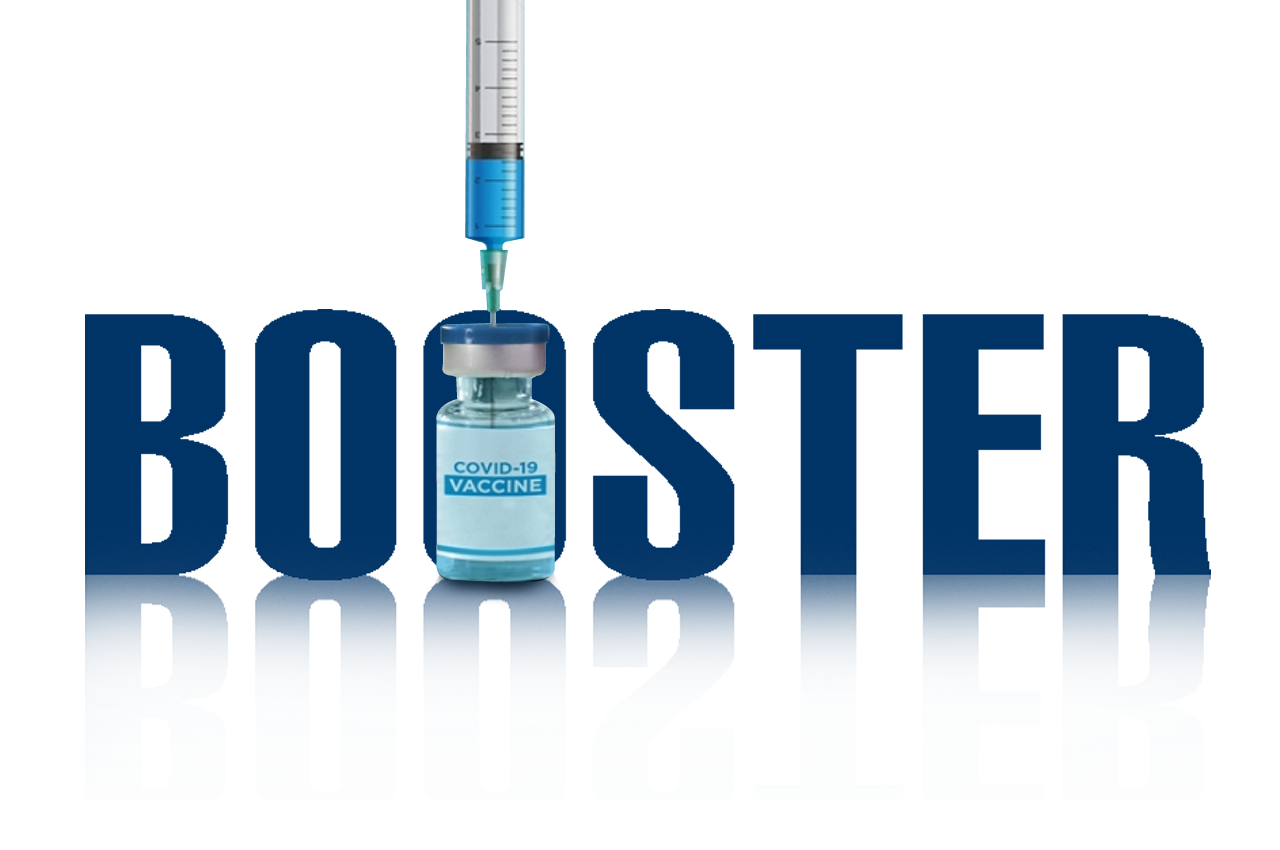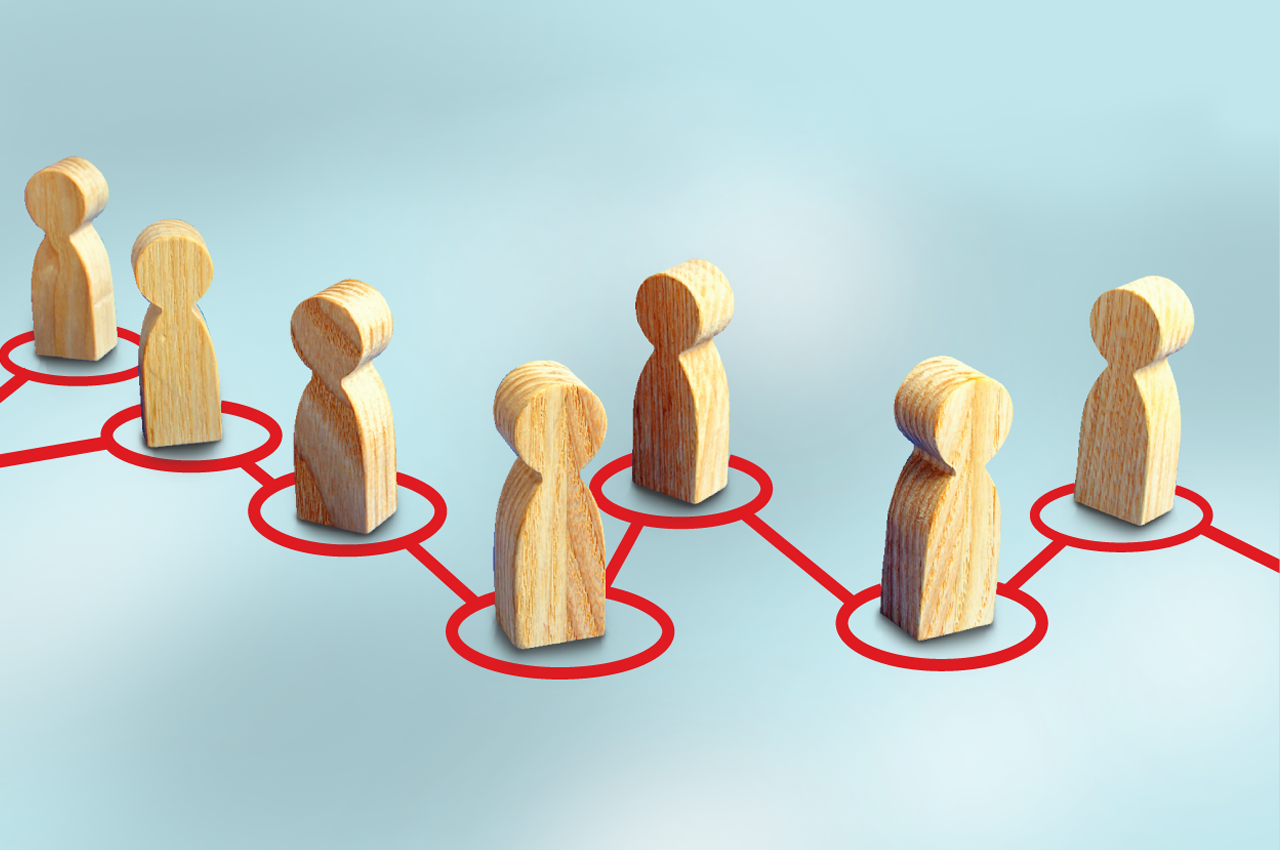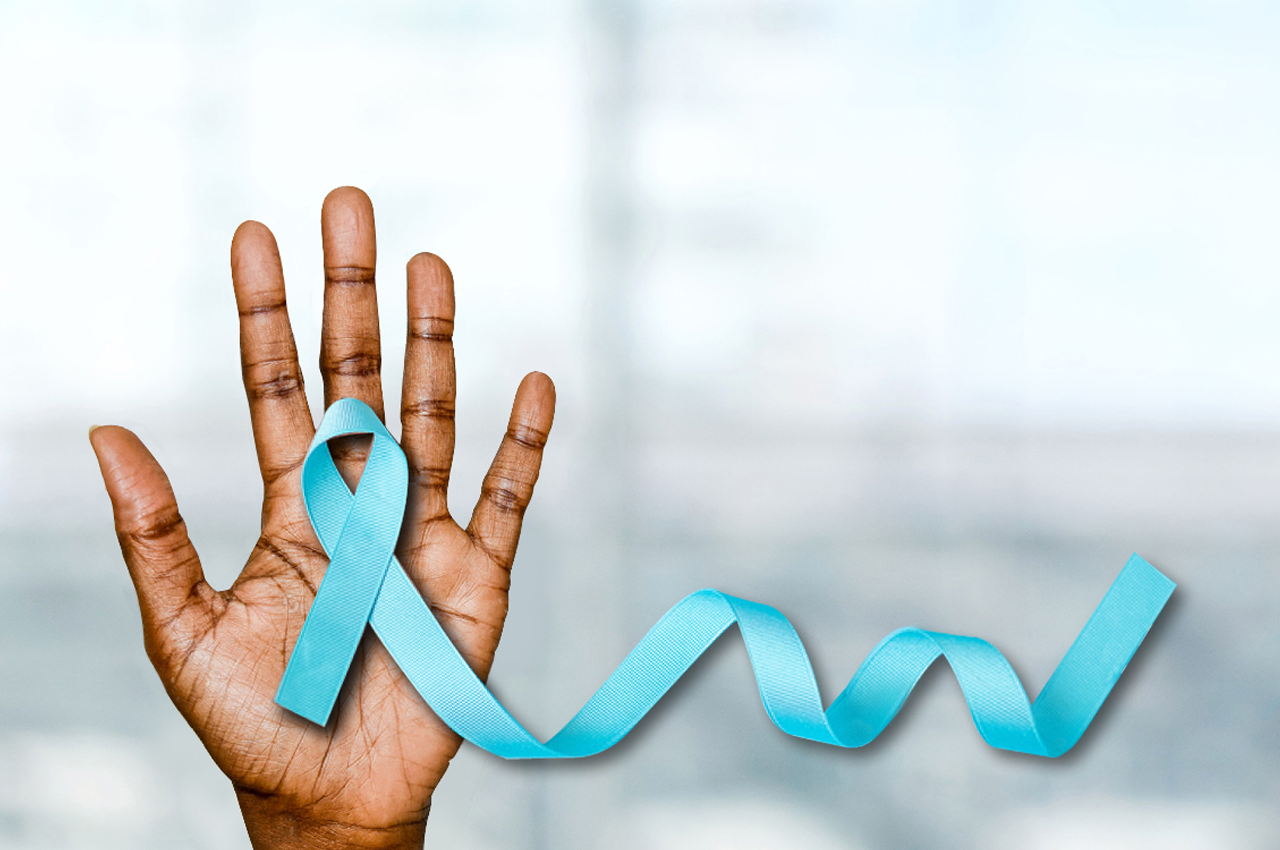We live in a switched-on world in which it’s almost unthinkable to be without social media for so much as a day. According to Statista, a company specialising in market and consumer data, around 30 million South Africans were on social networking sites in 2019. What’s more, this number is set to grow to close to 50 million by 2026!
The colourful images, intriguing videos, bite-sized info, easy-to-read stories, viewing other people’s lives… all of it is designed to reel us in and keep us hooked. It tends to raise our dopamine levels which regulates the pleasure centers in the brain. Since drugs and alcohol also raise dopamine levels, this can make social media as addictive as these substances.
As attractive as those bright little windows on the world may seem, there is a darker aspect. An increasing number of studies indicate that social media can have a negative impact on our relationships IRL (that’s ‘in real life’ for non-techies). It can also squash creativity, interfere with productivity, increase feelings of isolation, and lead to anxiety and depression.
The good news is that you don’t have to go backwards to avoid the perils of social media – you can free yourself from dependence today and still enjoy the positive side.
Set time limits
Ideally, we need one day a week away from social media or, better yet, an entire month. For most of us this is probably unimaginable, particularly if it is part of our jobs. Experts suggest limiting social media no more than 30 minutes per day. But don’t cut down all at once, unless you specifically want a full detox. Go slowly. In order to wean yourself of the habit reduce your social media use a minute at a time.
Try the Pomodoro Technique. This time-management strategy breaks your time up into intervals, thereby encouraging you to work with the time you have, rather than against it. Using this method, you break your workday into 25-minute slots separated by five-minute breaks. Use an ordinary kitchen timer (to get away from using your phone) to set limits and schedule an activity to do afterwards. Then when the timer rings, step away from your device and turn off those notifications.
Be mindful
The infinite scroll, as it’s termed by developers, is specifically designed to keep you aimlessly looking at newsfeeds, passively soaking up everything you see. Before you go online, decide what you’re going for – seeing your cousin’s wedding photos, looking for a new recipe, watching a cute kitten video – and stick to it. In this focused way you can go straight to what you want to see without mindlessly scrolling for things that don’t support your intentions. Think of it as a ‘to-do’ list for social media.
Curate carefully
It’s easy to be sucked in by the doom and gloom of the world. In fact, negative posts are the ones that often keep us coming back for more (known as ‘doom-scrolling’). Eventually your newsfeed saturates your brain with a non-stop river of negativity. Think about the people and pages that make you feel anxious, stressed, angry, etc. and unfollow them; seek out more of the content that uplifts you. Try Good Things Guy, a South African news site aiming to be ‘the home of everything good’, or The Dodo for heart-warming animal stories. If your job involves being on social media, set up a work-only account from which to manage the various platforms for which you are responsible, and only follow work-related subjects.
Do something else
Set yourself a challenge to do something physical before you open that social media app: make a cup of tea, take a quick exercise break, phone a friend or tidy your desk. The more active you become doing something useful, the more you will want to carve out time for more such activities. Rather than just looking at all those banana bread posts, become inspired and try to make it yourself. Then you can share it with your friends and family in person rather than merely sharing a picture of it online. Sharing the joy of an activity will improve your mood and even your life, as you get over the need to reach for social media for fulfilment.
Avoid comparison
Theodore Roosevelt wisely said, “Comparison is the thief of joy.” This has never been truer than when we see other people’s seemingly ‘perfect lives’ online. It can leave us feeling that we’re simply not up to scratch. Although comparing ourselves to others is normal human behaviour, remember that people’s social media pages are a highlight reel, not a true reflection of their real life.
Someone once said: ‘Is your life ‘reel’ or ‘real’ – so get off social media and get into life.
References
- Center for Humane Technology
- Centre for Mental Health
- FluentU
- Harvard University Graduate School of Arts and Sciences
- Rice University Mystic Inspirations (RUMI)
- South African Depression and Anxiety Group (SADAG)
- The Muse

